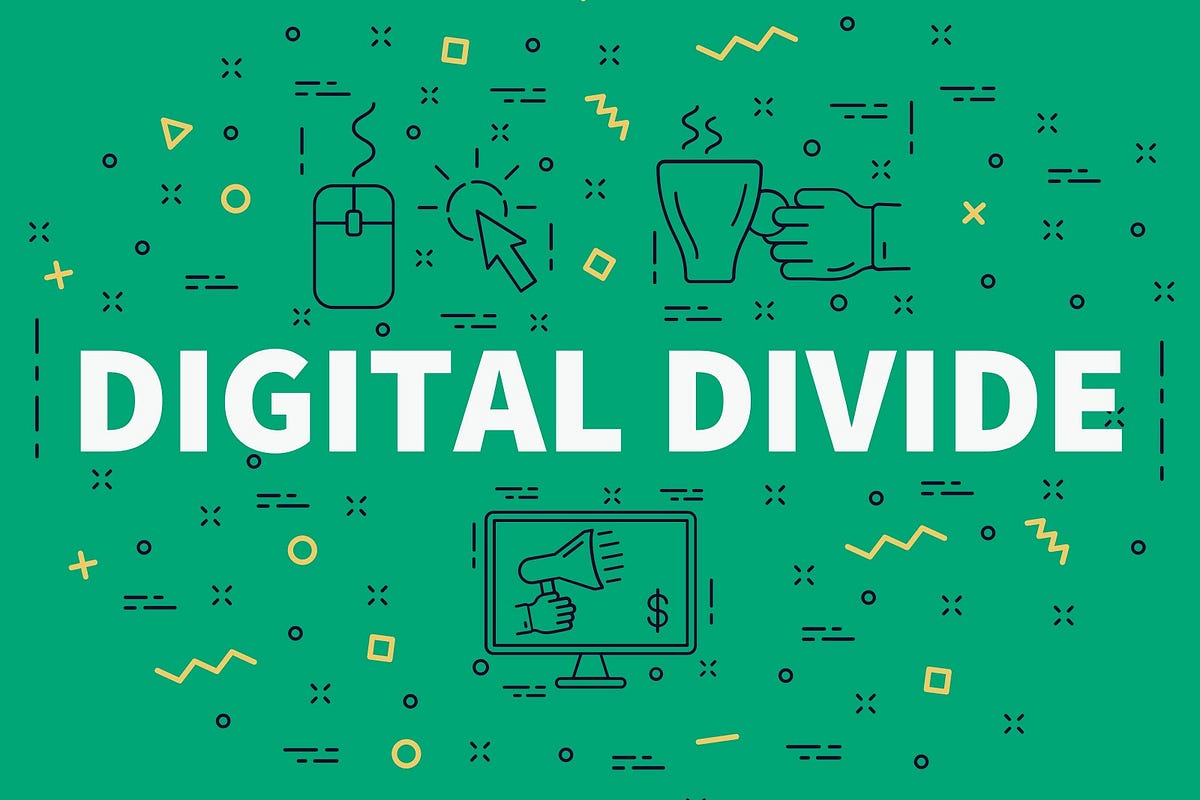The internet has undergone many transformations since its invention, but none as impactful as the rise of artificial intelligence (AI). From search engines to social media, AI is changing how people interact online, making digital experiences smarter, faster, and more personalized.
One of the most visible uses of AI is in search engines. Platforms like Google use AI algorithms to deliver more accurate and relevant results. Instead of simply matching keywords, AI understands user intent, learning from past searches to improve future results. This helps people find what they need more quickly and efficiently.
Social media also relies heavily on AI. Algorithms determine which posts, videos, and ads appear on users’ feeds. By analyzing behavior—such as likes, comments, and shares—AI curates personalized experiences. While this keeps users engaged, it also raises concerns about echo chambers and reduced exposure to diverse perspectives.
AI has also improved online customer service. Many websites use chatbots that can answer questions, resolve issues, and even recommend products around the clock. This saves businesses time and money while providing customers with immediate assistance.
E-commerce platforms use AI to suggest products based on browsing and purchase history. Similarly, streaming services like Netflix and Spotify recommend shows, movies, and music tailored to individual preferences. This personalization keeps users engaged and satisfied.
Cybersecurity is another area where AI plays a crucial role. AI systems can detect unusual patterns, identify potential threats, and stop cyberattacks before they cause damage. With cybercrime on the rise, AI-driven security solutions are becoming increasingly important.
However, the integration of AI into the internet also presents challenges. Concerns about privacy, data collection, and surveillance continue to grow. There are also ethical questions about algorithmic bias and the transparency of decision-making processes.
In conclusion, AI is transforming the internet by making it smarter, more personalized, and more secure. While challenges remain, its potential to enhance online experiences and improve efficiency is undeniable. The future of the internet will likely be deeply intertwined with AI innovations.

